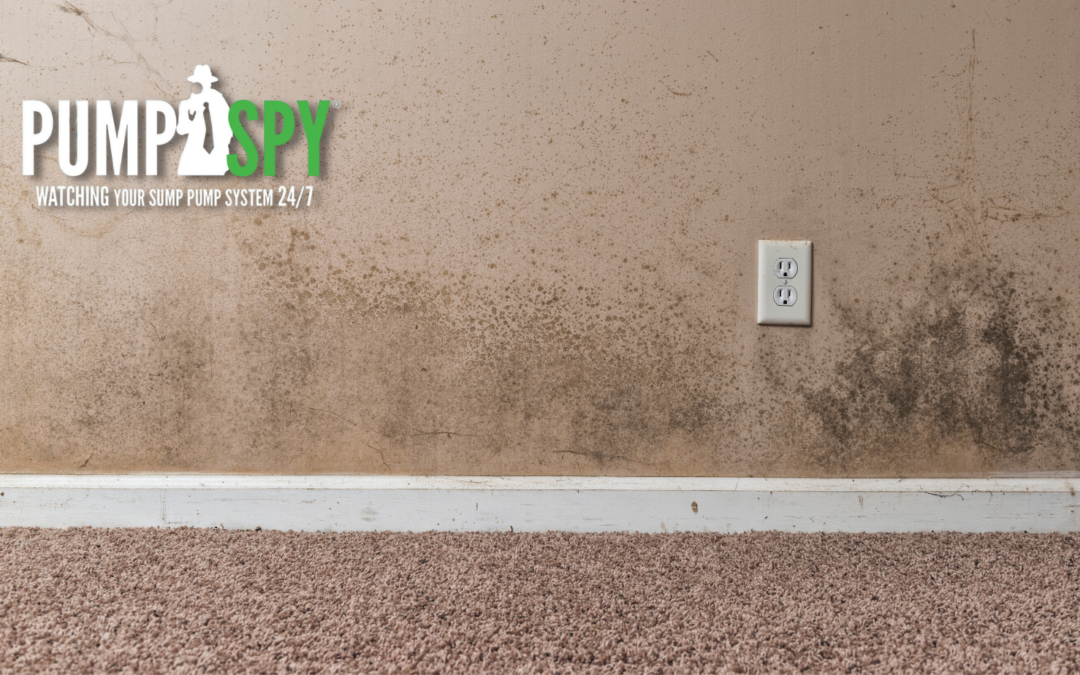We all know that basements are notorious for getting wet at some point in time. Whether a storm hits, a frozen pipe bursts or the kitchen sink above leaks – it’s important to know how vulnerable your space below ground is and the negative effects that come with it if not properly handled. Studies show that almost 50% percent of all homes in the United States have problems with mold and mildew. Not only can it pose threats to your health and wellbeing, but it can also affect the structural integrity of your home.
One of the first things to check after water gets into your basement is the growth of mold and mildew. Once mold spores enter a space with a lot of moisture, they will spread like wildfire. Mold is one the most common problems homeowners face after water damage and the fungi are especially happy in damp and stagnant environments – like a basement. Not only is mold very unsightly, but it can also cause extreme health issues if not properly taken care of right away. As the fungi thrives, it releases spores into the air that can easily travel throughout the home. According to the CDC, mold exposure can cause itchy eyes, sneezing, wheezing, coughing, nasal congestion and can even lead to asthma attacks. If your basement smells musty or if you are having respiratory issues, those are tall-tale signs of mold growth. Mold can sometimes be difficult to detect, which is why it’s always important to regularly check the humidity level in your basement.
The ultimate trick to a mold-free basement is having a moisture-free basement. Whether your basement is finished or unfinished, humidity can easily get trapped and be the perfect breeding ground for bacteria. Over time, too much humidity can cause irreversible damage, not only to your health, but the structure of your home. Rotted wood, cracked joists and weakened ceilings are some of the many effects of uncontrolled moisture in a home. Monitoring your home’s humidity level doesn’t have to be hard with the right knowledge and tools. Dehumidifiers are one of the most effective ways to maintain a safe level of relative humidity (RH) all year round. They act as a filtration system – removing the moisture from the air, condensing it into water that’s drained or deposited into a tank. They are most commonly used in areas vulnerable to humidity and water damage, like a basement. Dehumidifiers can help protect your health and wellbeing, along with the walls that shelter you. It may be time to invest in something that will make your home a more safe and comfortable place to live for years to come.

